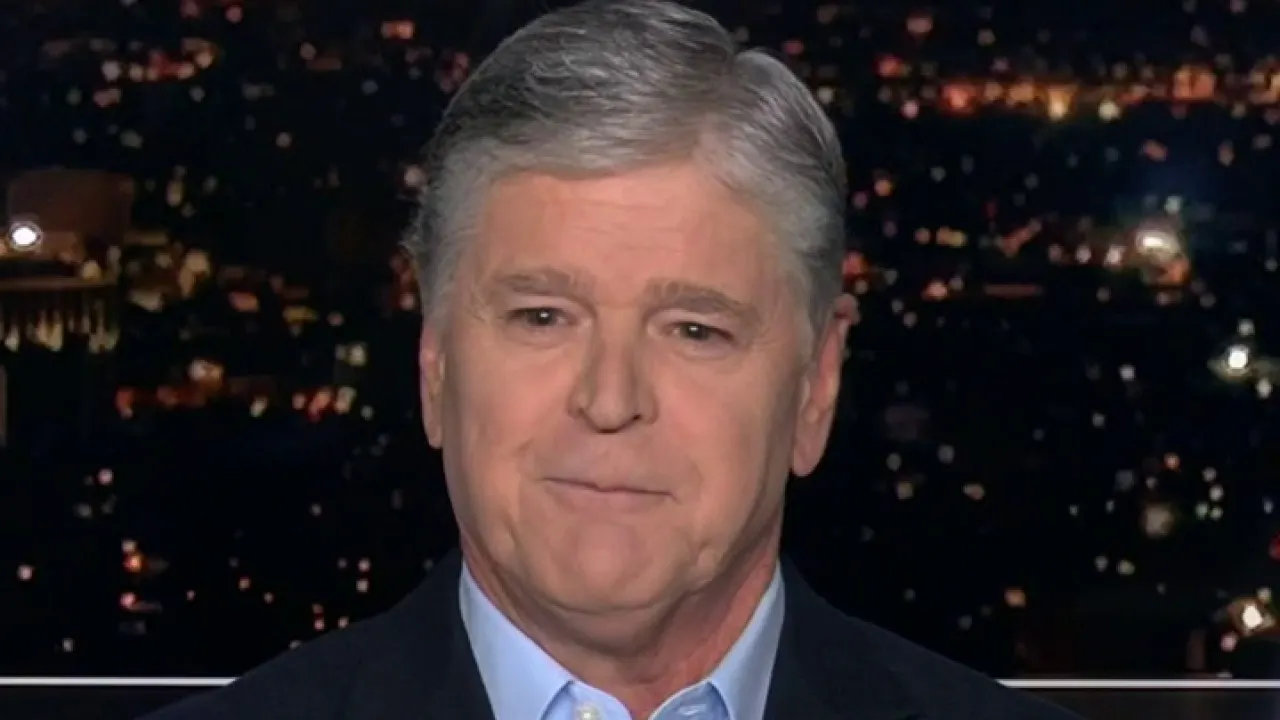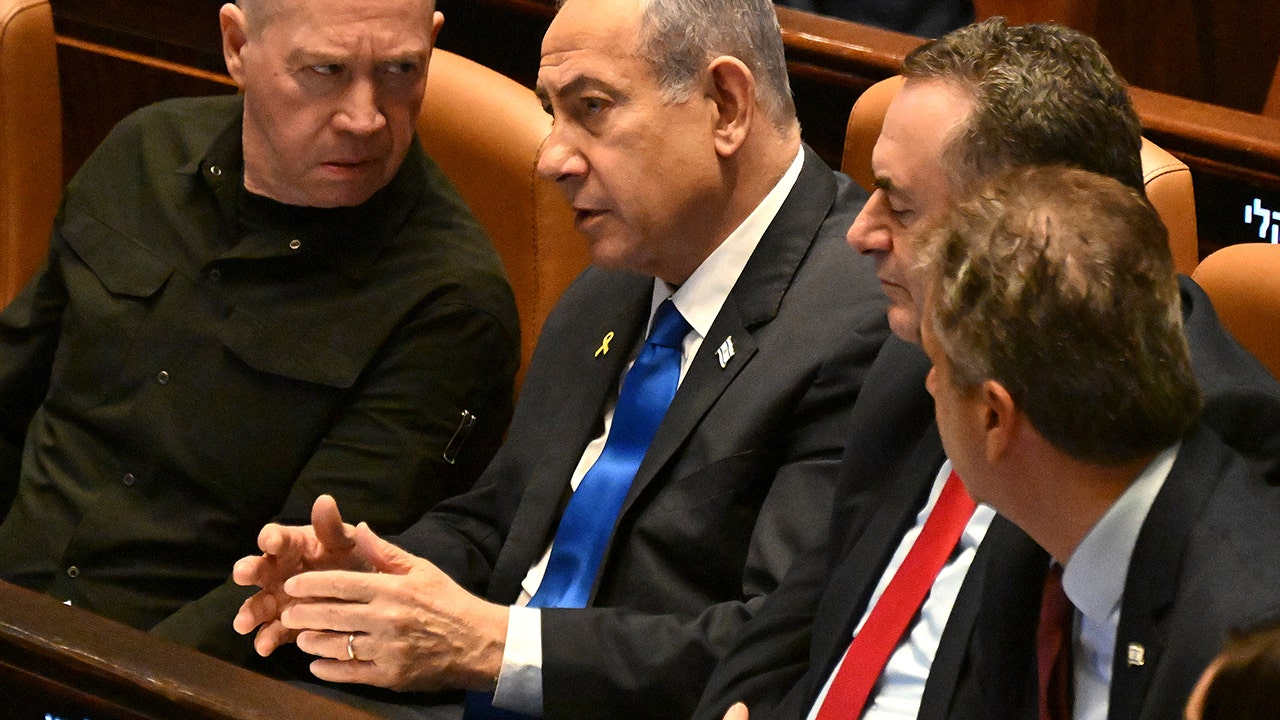President Donald Trump’s decisive election win this week has sparked a scramble to determine who will serve in his top cabinet roles, with several high-profile allies vying to become the next defense secretary.
During his first term in office, Trump tapped four-star general James Mattis to lead the military before replacing him with Defense Department veteran Mark Esper. Both men are unlikely to serve again after publicly clashing with Trump on a range of issues. Mattis resigned in 2018 amid plans to remove U.S. forces from Syria, while Esper was “terminated” by Trump in 2020 after disagreements over the possible deployment of troops to stem violent protests in U.S. cities.
One potential candidate for the top defense post, Sen. Tom Cotton (R., Ark.), withdrew his name from the running. That leaves three prominent Trump allies on the shortlist to become the next defense secretary.
Former national security adviser Robert O’Brien — O’Brien was Trump’s fourth and final national security adviser, serving from 2019 to 2021 following a stint in the George W. Bush administration.
O’Brien, a China hawk who was involved in the Trump administration’s 2021 killing of the Quds Force commander as well as the brokering of the Abraham Accords, now serves as chairman of strategic advisory firm American Global Strategies. Reports emerged Friday that O’Brien, like Cotton, withdrew his name from consideration for a Trump administration post, but the Wall Street Journal‘s Laura Seligman later reported that “if Trump asks he would take the job.”
Rep. Michael Waltz (R., Fla.) — A military veteran who has been tough on China and the hardline Iranian regime as a member of the House Armed Services Committee, Waltz is a leading contender to run America’s military. But with the Republican Party seeking to retain its razor-thin majority in the House, the Trump administration will likely be hesitant to pull a member from the lower chamber. Rep. Elise Stefanik (R., N.Y.) could be an exception, with the Trump transition team eyeing her to serve as the next U.S. ambassador to the United Nations.
Former secretary of state Mike Pompeo — As a chief architect of the first Trump administration’s “maximum pressure” campaign on Iran, Pompeo is a frontrunner to helm the Pentagon as Israel battles Tehran’s regional terror proxies. Pompeo’s term at the State Department brought the toughest economic sanctions campaign on Iran in history, nearly bankrupting the hardline regime before the Biden-Harris administration injected nearly $100 billion into Tehran’s coffers.
Pompeo, who served as CIA director before becoming secretary of state, is also a China hawk who worked to combat the communist regime during his time at Foggy Bottom. He led multiple efforts to penalize Beijing for its predatory trade practices, prompting China to sanction him before he left office.
Isolationists such as former congressman Ron Paul (R., Texas) have responded to speculation that Pompeo could land the job by portraying him as both a warmonger and as insufficiently pro-Trump. Pompeo’s policies as secretary of state, however, helped kneecap Iran and prevent its regime from waging war in the Middle East. He served in the post until the administration’s final day and campaigned for Trump in Pittsburgh shortly before Election Day.
Former congresswoman Tulsi Gabbard — Some of Pompeo’s critics have promoted Gabbard, the former Democratic congresswoman turned Trump supporter. Though Gabbard angled for the defense secretary job during the campaign, she has not been named in media reports speculating on top candidates for the role.
Gabbard is nonetheless considered a “dark horse” in the race to become Trump’s defense secretary, sources familiar told the Washington Free Beacon. And while the former congresswoman has become lauded in MAGA world, she has clashed with Trump on foreign policy in the past, calling him “Saudi Arabia’s bitch” in 2018.
Hey @realdonaldtrump: being Saudi Arabia’s bitch is not ‘America First.”
— Tulsi Gabbard 🌺 (@TulsiGabbard) November 21, 2018
Gabbard also stirred controversy in 2017 when she met with Syrian president Bashar al-Assad, who has for years deployed chemical weapons against his own citizens. Gabbard in 2019 said she did not regret the meeting. That controversy, along with her status as a former partisan Democrat, would jeopardize her Senate confirmation.
“Assad is not the enemy of the United States because Syria does not pose a direct threat to the United States,” Gabbard said at the time. Iran-backed forces in Syria have attacked American forces in the Middle East in recent months.
Read the full article here







